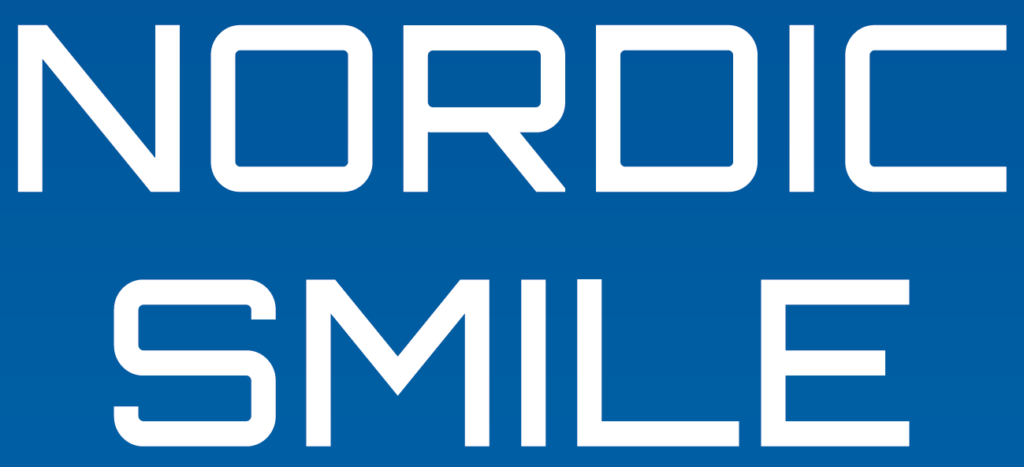基因工程
世界上唯一100%可靠的生物同一性重組STGF

“生物技術是指使用生物系統,活生物體或其衍生物來製造或修改特定用途的產品或過程的任何技術應用。”

基因工程是生物技術的重要學科,具有廣泛的應用範圍,包括新藥開發,環境保護,能源生產和農作物改良,從而使植物能夠承受各種外部侵害。通過基因工程,可以使用寄主宿主的機器有效地生產目標(重組)蛋白。經工程改造的宿主可以進行發酵培養以獲得大量的重組蛋白。純化除去污染物後,重組蛋白可作為高純度,完全生物活性和可靠的產品獲得。
細菌表達系統
1)大腸桿菌排泄系統
我們使用Tac和LacUV5盒以及質粒穩定劑開發了獨特的大腸桿菌排泄系統,可高效生產重組蛋白。

2)枯草芽孢桿菌分泌系統
在枯草芽孢桿菌中設計了另一種表達和分泌系統,以有效地胞外產生異源蛋白質。在該系統中使用含有源自veg I啟動子和葡萄球菌蛋白A信號肽的轉錄控制的調控盒。
與胞內方法相比,胞外方法在產生重組蛋白方面有許多優勢。
- 正確折疊成功能性的天然形式–真正的生物活性產品
- 減少蛋白水解,從而提高產品產量
- 減少有害蛋白質(例如內毒素)的污染,從而獲得質量更高的產品
- 可以避免不需要的N末端蛋氨酸
- 純化工藝簡單,降低生產成本
- 適用於大規模和工業規模的生產
- 適用於所有自然分泌蛋白的生產
- 適用於產生輕度毒性蛋白
- 可以連續生產
專利清單

用表皮生長因子治療皮膚傷口的方法和組合物
- Wong, W.K.R., Kwong, W. Y. (2016) Improved means and method for hyper-production of authentic hbFGF in E. coli. Hong Kong Patent Application submitted.
- Wong, W.K.R. (2015, pending) Means and method for expression of authentic human epidermal growth factor and/or basic fibroblast growth factor in cytoplasm and/or culture medium of Escherichia coli. US Provisional Patent Application No.: 61/808.062; filed on 4 March 2013.
- Wong, W.K.R. (2015) Means and methods for producing authentic human basic fibroblast growth factor. US Patent No.: 9,017,968 B2; Granted on 28 April 2015.
- Wong, W.K.R., Lam, K.H.E. and Tsang, M.W. (2003). Method and composition for treating skin wounds with epidermal growth factor. March, PCT Patent Application No.: PCT/CN03/00178.
- Wong, W.K.R., Lam, K.H.E. and Tsang, M.W. (2003). Method and composition for treating skin wounds with epidermal growth factor. March, Taiwanese Patent Application No.: 92105257.
- Wong, W.K.R. and Lam, K.H.E. (2000). Bacterial expression system. US Patent: 6,146,848.
- Wong, W.K. and Chan, W.K. (2000). Cellobiase obtained from Cellulomonas biazotea. HK Patent: HK1012679.
- Wong, W.K. and Chan, W.K. (1998). Novel cellobiase enzyme. UK Patent: GB2 289 050 B.
- Wong, W.K. (1998). Production of human interferon α1b as an excreted recombinant protein in E. coli. PRC Patent: 1186120.
- Wong, W.K.R. and Sutherland, M. (1990-1997). Excretion of heterologous proteins from E. coli. Worldwide Patent: Patent numbers: US 5646015 A; EP 0357 391 B1; ES 2091197T3; DE 68926895; CA 1,332,813C; US 5,223,407A; JP 2177889A; EP 357391A.
